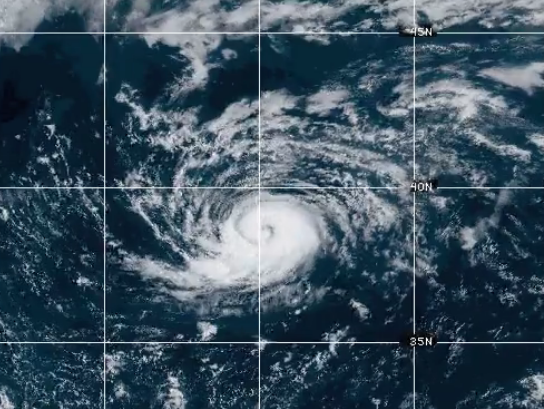Hurricane season isn't over yet. How to protect yourself from storm scammers
As the last month of hurricane season begins, it’s not too late to prepare for one of the most critical threats a storm can bring.
Those threats come from scammers who exploit the desperation of people experiencing trauma and loss in the aftermath of a catastrophic weather event.
Where most may find picking up the pieces after a storm to be costly, stressful and confusing, thieves find a wealth of opportunity in wreckage, Florida’s consumer watchdog agency warns.
A recent bulletin from the state department of Agriculture and Consumer Services lists some of the opportunities scammers seize that consumers should watch for — they run the gamut from home repair ripoffs to fake charities.
More: The 2023 Hurricane season is not over yet with Florida vulnerable to storms into November
Confirm credentials before handing over cash
Crooks posing as safety inspectors or utility workers might attempt to persuade a homeowner that their property needs immediate work, the agency says, noting that pressure and urgent demands are hallmarks of scammers. Requesting identification — and verifying it — should be the first step before letting anyone into your home or giving them money.
Don’t pay anyone cash up front for home repairs or debris removal, the bulletin cautions. Instead, get a written contract and do it only after confirming the contractor's licensing and insurance.
People who have lost their homes may be the most desperate, not realizing they have more to lose. Beware of advertisements for rentals that require deposits or rent before showing the property.

Watch for FEMA impersonators who want money to qualify you for help
A fraudster also may show up impersonating a FEMA agent who can help you get storm recovery dollars — if you first pay an application fee. Anyone asking for money to help you quality for funding is a scammer, the bulletin says. The FEMA mobile app is free, on the other hand, along with more information at FEMA.gov.
Con artists will even take advantage of your desire to help others hit hard by a hurricane, the agency warns. Charlatans posing as charities sometimes use names similar to those of legitimate nonprofits and familiar looking logos. Don't write a check without independently confirming the existence of the charity and where the money will go, the agency suggests. The Federal Trade Commission's How to Donate Wisely and Avoid Charity Scams is a good place to start.
These resources can be helpful before and after a storm:
www.FloridaConsumerHelp.com for information on storm preparation;
ftc.gov/WeatherEmergencies for storm recovery resources;
ReportFraud.ftc.gov to help fight weather-related scams.
Antigone Barton is a journalist at The Palm Beach Post. You can reach her at avbarton@pbpost.com.
This article originally appeared on Palm Beach Post: Hurricane season in Florida: How to watch out for scammers
